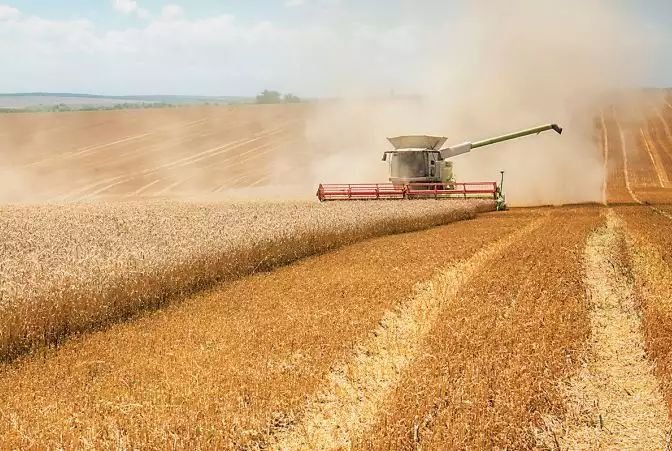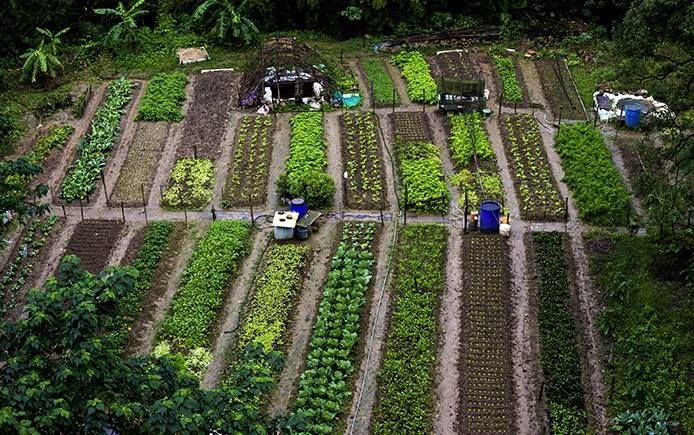Agroecology is the application of ecological ideas to agricultural systems and practices in order to farm with nature rather than against it. It encourages inclusivity, resilience, social ideals, cultural traditions, and circularity.

It’s also generating a lot of upheaval in the industrial agriculture industry, since if broadly embraced, agroecology would transform the present intensive farming system, as well as the power and devastating corporate interests that come with it.
Intensive farming systems, with their enormous swaths of land, monoculture, pesticides, and barns housing thousands of animals, contribute to these issues. They deplete natural resources and fail to nurture the land, animals, and local communities by focusing on short-term benefits rather than long-term sustainability.

The need of the hour is to build sustainable, regenerative farming systems that increase the well-being of small-scale farmers, diversify food production to make it adaptable to a changing and unpredictable environment, and provide enough food while improving biodiversity.
Agroecology is a truly sustainable agricultural system that includes actions that contribute to the following aims in sustainable agriculture:
- to feed a growing global population;
- to protect the environment and natural resources;
- to utilize little to no fossil fuel-based energy;
- and to preserve the economic survival of small and big farms and their communities.
Organic farming, diverse crop rotations, biological pest management, large agropastoral systems, and agroforestry are all examples of agroecology approaches.

Governments must accept responsibility for the repercussions of industrial agriculture and reconsider who receives money. They will need to look beyond the lobbyists that come with industrial agriculture; funders can look for ways to strengthen the role of citizens and consumers in food systems, to celebrate a diversity of knowledge from local and traditional sources, and to find environmentally sound and viable solutions.
Reference- Global Alliance, Tool for Agroecological Performance Evaluation (TAPE), Soil Association, Clean Technica






